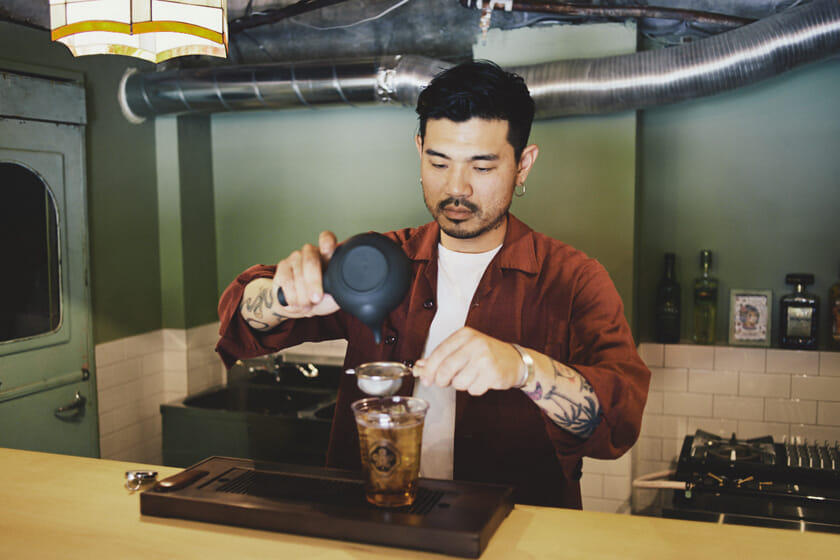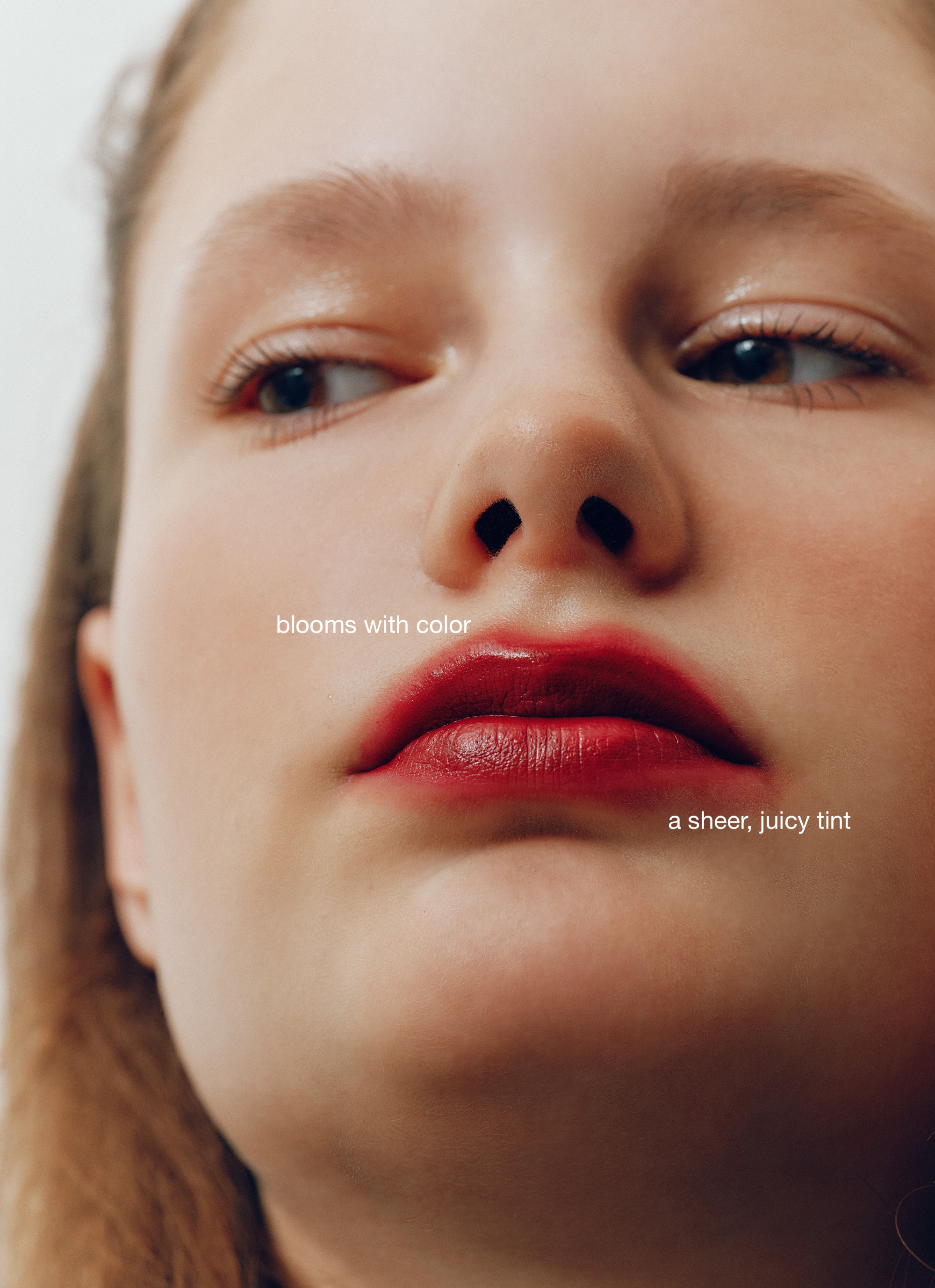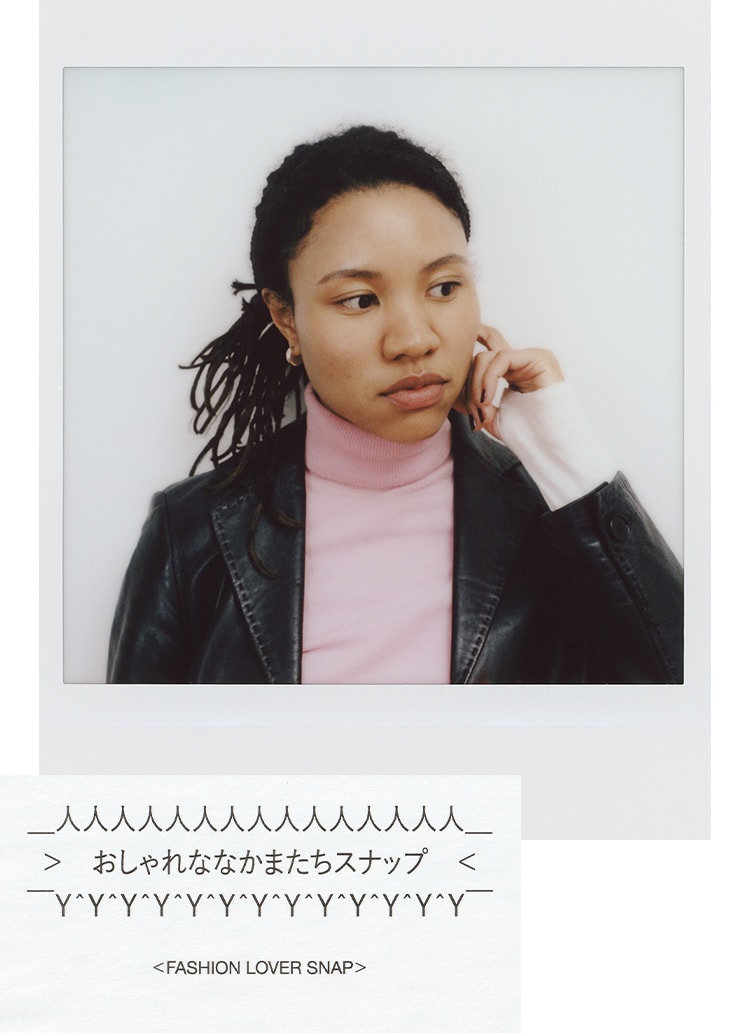I heard that this area is called 'Oku-Daikanyama' these days. The other day, TV people came to our house to interview us, saying, 'We're doing a special on Oku-Daikanyama.
Masaki Oba, owner of TEA BUCKS, says with a smile, "Oku-Daikanyama is the area between Daikanyama Station and Namiki-bashi Bridge, which is closer to Shibuya and Ebisu. According to the TV crew that came to interview him, Oku-Daikanyama refers to the area between Daikanyama Station and Namiki-bashi Bridge, which is closer to Shibuya and Ebisu (Daikanyama-cho 1-10-chome, Shibuya-ku; Ebisu-Nishi 2-chome, Shibuya-ku).
Teabucks is a tea stand specializing in tea that just opened in April 2018 in such a hot spot? spot, a tea stand specializing in tea that just opened in April 2018.
Masaki Oba, owner. Born in Kanagawa Prefecture. He returned to Japan in 2015 after traveling around Africa, the U.S., and Caribbean islands as a backpacker. After that, he launched a restaurant and trained at a tea shop before opening Teabucks.
The store is located on the first floor of the building that houses the "Dayt." hair salon. While having your hair cut, you can also enjoy a cup of tea brewed by Mr. Oba.
Coffee stands have become a familiar sight in every urban area thanks to the popularity of so-called "third wave" coffee shops such as Blue Bottle Coffee. However, "tea stands" specializing in tea, especially Japanese tea, are almost unheard of, even in Tokyo.
It's strange, isn't it? Tea is something that everyone in Japan drinks on a daily basis, but I would say that most people don't know how to brew it, the types of tea, or its benefits. I want to create a culture that comes from brewing tea from this store."
All tea leaves sold at Teabucks are grown in the tea plantations of Ureshino City, Saga Prefecture, and are uniquely blended by the company's resident tea master.
Unusually for Kutani ware, which is famous for its gaudy decoration, this kyusu features a simple jet-black design. The glaze coating prevents the aroma of the tea container from transferring to the tea leaves.
A tea koro (incense burner) for roasting tea and enjoying its aroma. Warm it in the sunken hearth at the counter.
Mr. Ohba first became interested in Japanese tea when he quit his job as an office worker and returned to Japan after a year of backpacking. He says that it was when he visited Kyoto and was shocked by the taste of real tea.
I wondered if this was tea. I wondered what all the bottled tea I had been drinking was all about. I found myself hooked, and from there I taught myself about tea, visiting farmers to learn about their tea leaves and how to brew them. I also trained at a tea store in Udagawa called Gen-Gen-An.
I already had a goal of opening my own teahouse by then. When I was backpacking, Yuma was also the owner of a beauty salon, and he asked me if I wanted to turn the first floor of this Ebisu-Nishi property into a café, so I was allowed to open T-Bucks.
The interior of "teabucks" is multinational and mixed, with old European vintage, sofas from 80's Japanese cabarets, and mint green interior walls reminiscent of Central and South America. The tastes typical of Mr. Ohba, who has traveled all over the world, coexist without any sense of discomfort, but even so, from the outside it does not look like a "teahouse" at all.
Hahaha, that's right (laughs). Tea is something that Japanese people have an entrenched sense of values about how it should be done. You are supposed to sit in a solemn tea room, straighten your posture, pass the tea bowl around, and drink quietly. I think there is a strong image of the world of the so-called traditional tea ceremony. While respecting such traditions, I would like to lower the threshold, or rather, I would like young people to enjoy tea in a more casual way. I think there should be a way to propose it that fits the times."
Yuzu green tea (iced) L size ¥500+tax. green tea has a relaxing effect and lowers body temperature.
Stem hojicha (iced) L size ¥500+tax. low in caffeine and effective in raising body temperature.
Kama-iricha (iced tea) L size 1 TP3,500 + TAX. 20 servings a day are also available.
While there is a "high threshold" for tea in Japan, as typified by the tea ceremony, it is common for people to drink tea freely at self-service restaurants such as set menus and sushi bars. Even when tea is treated as if it were free, Mr. Ohba insists, "We must not forget that it is something that is worth paying for.
The tea leaves grown with love and care by farmers are now being sold in PET bottles for 100 yen as a result of a major capital investment. Most people only know the taste of that 100-yen tea. But there are a lot of chemical seasonings in it, and we are only tasting the flavor of the tea leaves. To me, that is not the real taste of tea. The word "Bucks" in the name of the store means "money. In other words, you have to pay for tea. That's why I chose this name to convey that.
The bags of tea packets sold in stores are made of corn fiber to avoid chemical fibers.
Alcohol is also served at the restaurant. Cocktails made with our special tea are also popular.
Mr. Ohba is able to assert this strongly because he believes more strongly than anyone else in the potential of tea - the culture that is created by brewing tea.
Tea is similar to music in some ways. Just like thinking about a playlist, you can choose the type of tea and how to drink it according to your mood at the time. Do you want to relax, lift your spirits, or refresh yourself? I can use it according to the occasion. Or, you can enjoy the aroma with a tea censer, or have a good time with your friends by combining it with alcohol. Tea utensils are also profound, so they are also attractive as objects, just like enjoying the aging process of a leather jacket. If all young people started wielding kyusu at home or outdoors, tea would continue to grow. It would be interesting if we could create such a style of tea brewing from here.
If it can be done for coffee, why not for tea? The tea stand in Oku-Daikanyama may be a place that gives us a chance to reconsider what is normal for us.
Photo_Taro Hirayama
Edit&Text_Masato Saita
TEA BUCKS
Address: 2-12-14 Ebisu-Nishi, Shibuya-ku, Tokyo
Open: 11:00 - 23:00 / Closed on Mondays
nikusoba0141.wixsite.com/tea-bucks
www.instagram.com/tea_bucks









